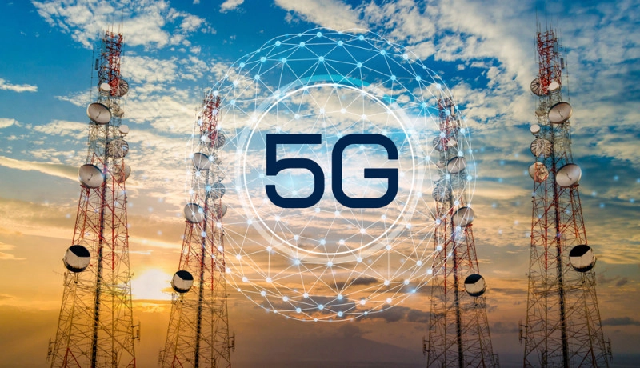The next generation of wireless technology, 5G, is on the horizon. But what is it? What does it mean for consumers and businesses? We’re here to answer all your questions about 5G technology slots online. What is 5G? 5G is the fifth generation of wireless technology. It promises faster speeds, lower latency, and more capacity than ever before. 5G will enable a new era of connected devices and services, including connected cars, virtual reality, and the Internet of Things. When will 5G be available? 5G networks are expected to launch in 2020.
What is 5G technology?
The term “5G” is short for “fifth-generation wireless,” and it refers to the next major phase of mobile telecommunications standards. 5G will be much faster than current 4G LTE networks, with peak speeds that could theoretically reach up to 10 gigabits per second (Gbps). That’s fast enough to download a two-hour movie in less than 10 seconds.
In addition to speed, 5G will also bring other benefits, including lower latency (the time it takes for data to travel from one point to another) and more reliability. Latency on current 4G networks can be as high as 100 milliseconds (ms), but 5G could potentially bring that down to just 1 ms. And while 4G networks can sometimes be unreliable, 5G should offer consistent, reliable coverage.
So when can we expect to see 5G networks? They’re already being tested by some wireless carriers, and they are expected to start rolling out commercially in 2020.
How will 5G technology change the way we live and work?
The deployment of 5G technology is expected to have a profound impact on the way we live and work. For one, the higher speeds and lower latency of 5G will enable new applications that were not possible with previous generations of mobile networks. These include things like real-time video streaming, virtual reality, and augmented reality. 5G will also enable a new wave of “smart” devices and applications that can take advantage of the high speeds and low latency to provide a better user experience.
In addition, 5G will enable a more connected world where devices are able to communicate with each other directly without going through a central server. This will lead to more efficient use of resources and open up new possibilities for how we interact with the world around us.
What are the benefits of 5G technology?
5G technology is the latest and greatest in mobile networking, offering significantly faster speeds and reduced latency best au online casino. This means that 5G users can enjoy a better overall experience when using their devices for activities such as streaming video, gaming, and other bandwidth-intensive tasks. In addition, 5G networks are more efficient and scalable than previous generations, meaning that they can better handle large numbers of users and traffic spikes.
What are the challenges of 5G technology?
The challenges of 5G technology are mainly associated with its high cost and the need for a new infrastructure. The rollout of 5G service is expected to be very expensive, with some estimates suggesting it could cost up to $275 billion. This high cost is due to the need for a new infrastructure, including new base stations and small cell sites. In addition, 5G technology requires more spectrum than previous generations of wireless technology.
How can we prepare for the 5G future?
The next generation of mobile networks, 5G, is coming sooner than you might think. In fact, some countries are already testing 5G networks. So, what does 5G mean for you and your business? Here’s a quick rundown of everything you need to know about 5G.
5G will be the fifth generation of cellular network technology, and it promises speeds up to 100 times faster than 4G LTE. That means download speeds of up to 10 gigabits per second (Gbps). To put that in perspective, with 4G LTE you can download a two-hour movie in about six minutes. With 5G, you could do it in less than three seconds.
Not only is 5G faster, but it’s also more responsive and has lower latency than 4G LTE. Latency is the time it takes for a device to send a request and receive a response. With 4G LTE, latency is around 50 milliseconds (ms). With 5G, it will be around 1 ms. That’s important for applications like augmented reality (AR) and virtual reality (VR), which require real-time interactivity.
5G will also be more energy efficient than previous generations of cellular technology. And because 5G networks will use higher frequency bands (millimeter waves), they will have more capacity for data traffic than 4G networks.
So how can you prepare for the 5G future? If you
Conclusion
5G is the next big thing in mobile technology, and it’s important to know what it is and how it will impact you. 5G promises faster speeds, lower latency, and more reliable connections. It will also enable new technologies like network slicing and edge computing. While 5G is not yet widely available, it is coming soon, so it’s important to be prepared. Are you excited for 5G? Let us know in the comments below!

